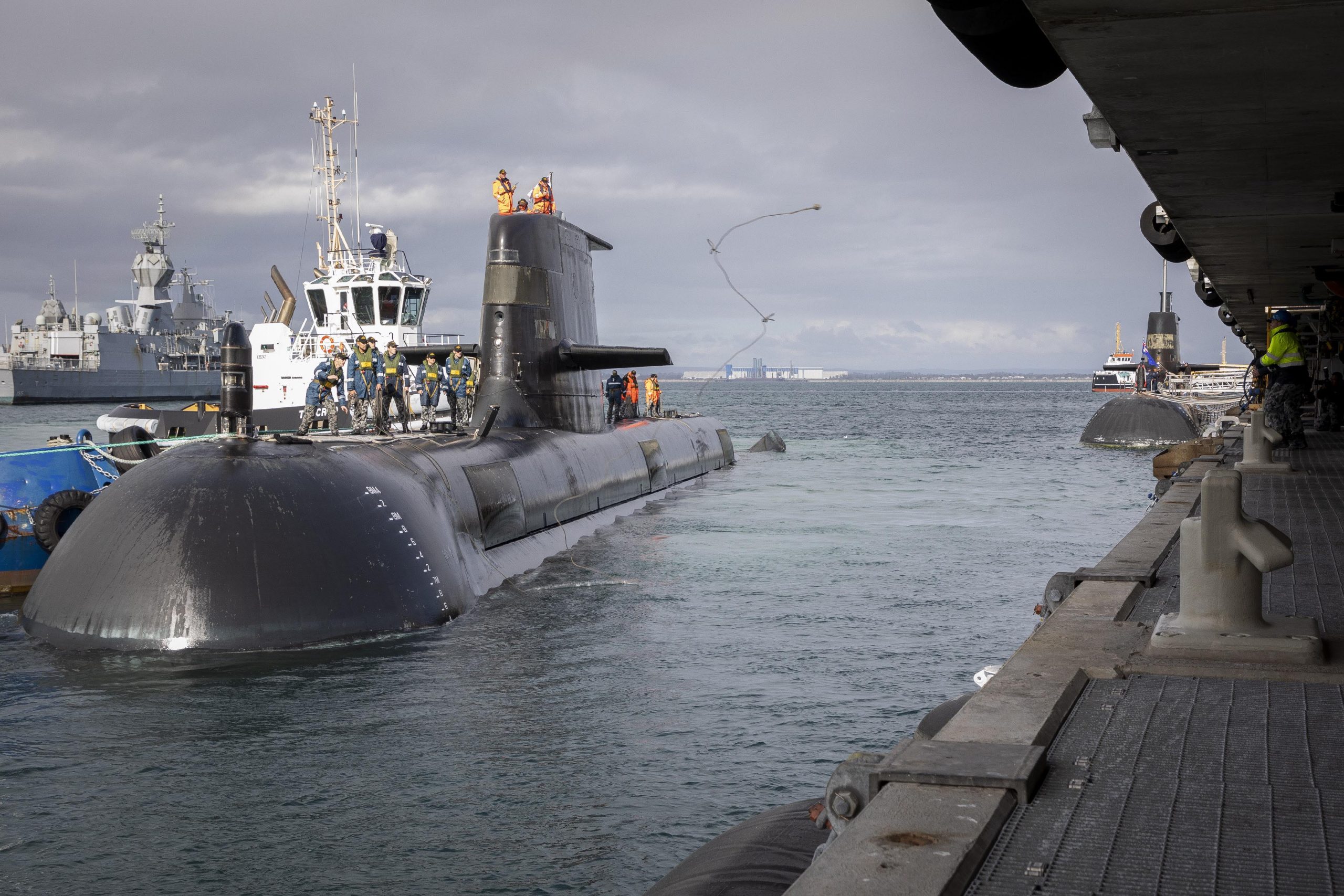Pacific unions respond to new IRB player rules
The all-Pacific final between Fiji and Samoa in the opening leg of the 2014-2015 IRB World Sevens Series on Australia’s Gold Coast was a mighty statement to the International Rugby Board. The IRB had closed an important eligibility loophole just weeks earlier that ironically would have changed the complexion of both teams by introducing a number of former international stars. It did not matter.
Samoa and Fiji’s local players were good enough to do the job. Fiji, which had won the Oceania Sevens with a ‘B’ squad a week earlier, won that pulsating final against their archrivals Samoa in October, but it was a small victory for all the Pacific nations. With the current IRB World Sevens Series acting as a qualifier for the Rio Olympics in 2016, the hopes of the Pacific nations would be buoyed by that result heading into the next legs of the series in Dubai and South Africa in December.
The top four teams from the current IRB series will qualify directly for the Olympics. However, while these results have raised hopes in the sevens game, the same cannot be said in 15s where the implications of the rule closure will be felt more, especially among the many Pacific players left in the international wilderness due to their eligibility status. Of the 632 players of Pacific heritage playing professional rugby around the world, only 272 of them were actually playing international rugby for their countries of heritage and adopted nations.
Almost two thirds of all Pacific players are shut out. However, many of them were unaware of the eligibility rules before they had declared their international allegiance. Under the current IRB “one country for life” rule, any player who has played for their country’s senior national team, “A’ team, or national sevens team cannot play for another country for life. The island unions have been tirelessly fighting to have these rules relaxed since it came into force in 2000. A glimmer of hope was raised earlier this year.
…..to read more buy your personal copy at
